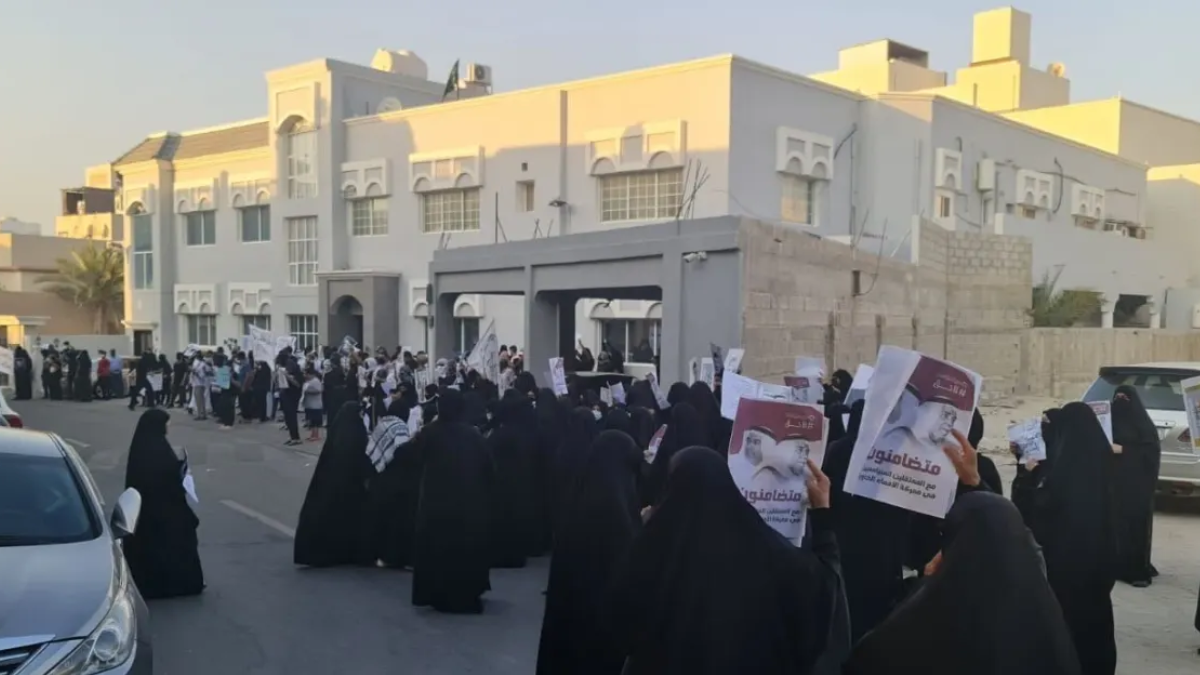In response to an extensive and problematic hunger strike, Bahraini authorities have announced plans to grant prisoners additional rights, including increased visiting hours and outdoor time.
The hunger strike, said to be the largest in Bahrain’s history, began in August at Jau prison and has sparked both rare street protests and international attention.
The Bahraini interior ministry’s recent announcement intends to extend visitation durations and outdoor time for inmates.
However, according to the esteemed Bahrain Institute for Rights and Democracy (BIRD), these tactics have yet to be effective in putting an end to the hunger strike, which is said to have 800 participants.
The walkout is especially significant because it includes numerous dissidents jailed during the 2011 crackdown on Shiite-led uprisings.
Activists’ Perspective
Activists and human rights organizations view the authorities’ response as insufficient. Sayed Alwadaei, BIRD’s advocacy director, expressed that the offer comes too late and is unlikely to end the hunger strike.
Street protests by the families of the hunger strikers have been triggered, demanding the immediate release of the inmates.
All inmates in Bahrain are entitled to medical care and three meals per day, according to the General Directorate of Reform and Rehabilitation.
Human rights organizations have urged the world community to assist the strikers, drawing public attention to the hunger strike.
Bahraini authorities differ in their assessment of the situation, claiming that only 121 inmates are participating in the hunger strike. The government emphasizes the rights of inmates to non-violent protest and asserts that they are provided with necessary care and advice.
Individuals imprisoned are demanding improved medical treatment, access to education, and the right to pray together at a prison mosque.
US Ally with Human Rights Concerns
Bahrain, a key ally of the United States and home to the US Navy’s Fifth Fleet, has faced criticism for its human rights record. The country has imprisoned numerous dissidents following the 2011 protests.
The recent hunger strike highlights the tension between Bahrain’s strategic alliance with the US and its internal human rights issues.
Bahrain’s response to the hunger strike, while acknowledging prisoners’ rights, falls short of meeting the demands of the strikers.
Also Read: Iran’s Missile Attack Reveals Potential US Troop Injuries in War
The incident underscores the complex balance Bahrain must maintain between its international relationships and domestic human rights concerns.


















